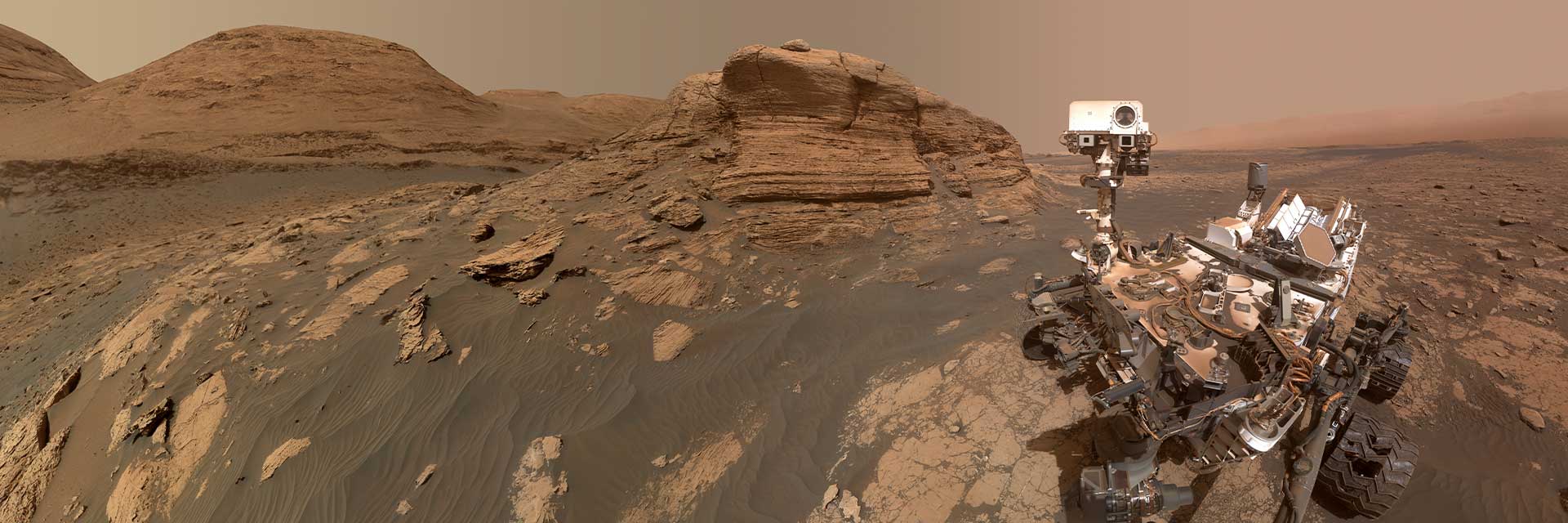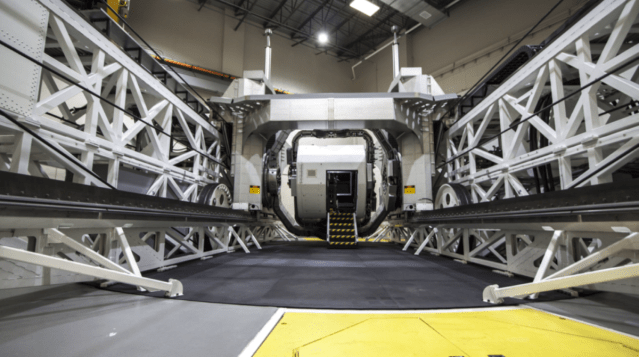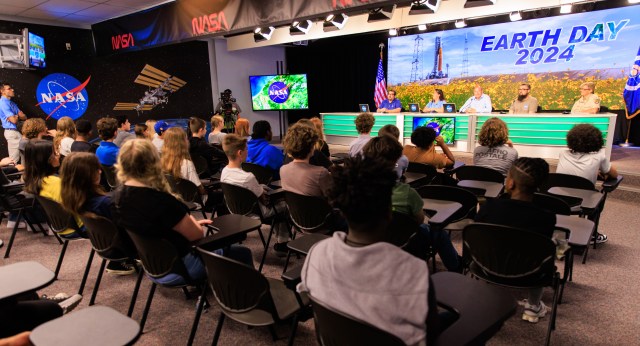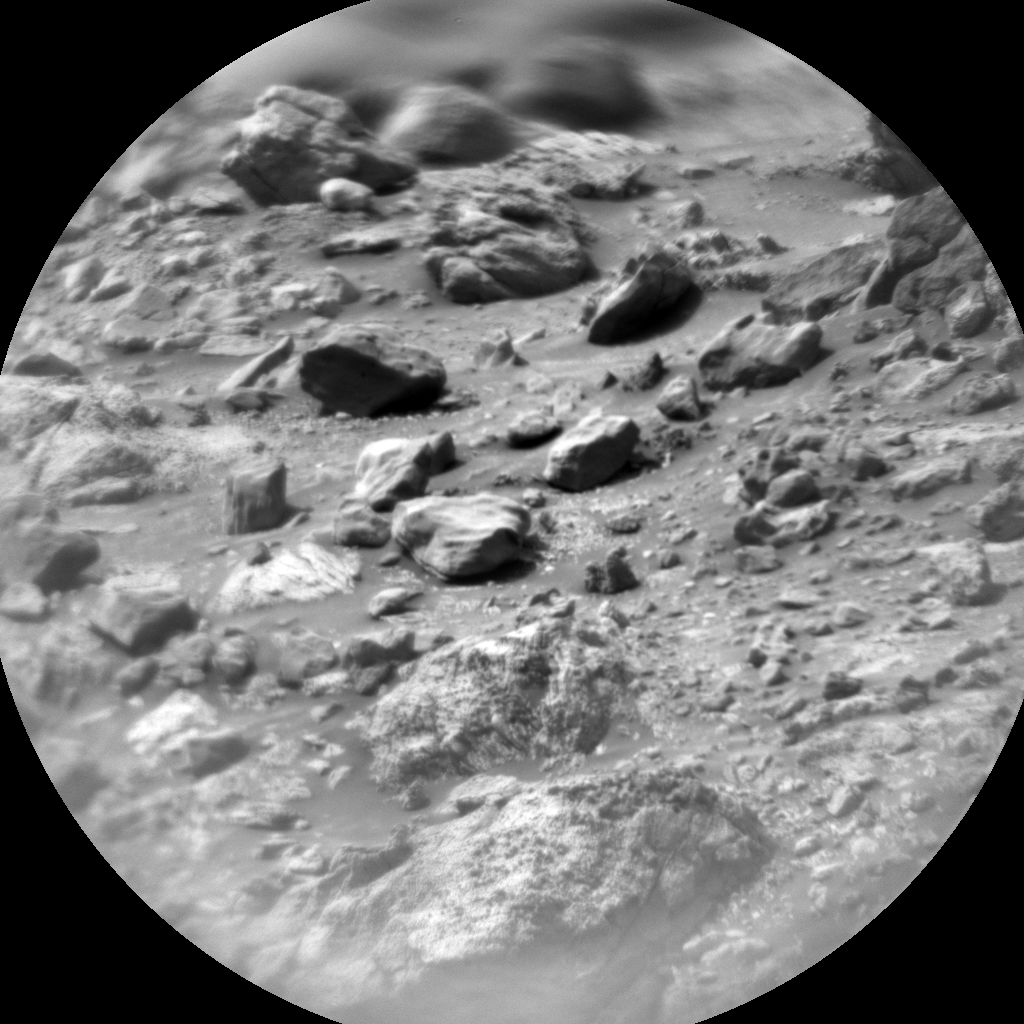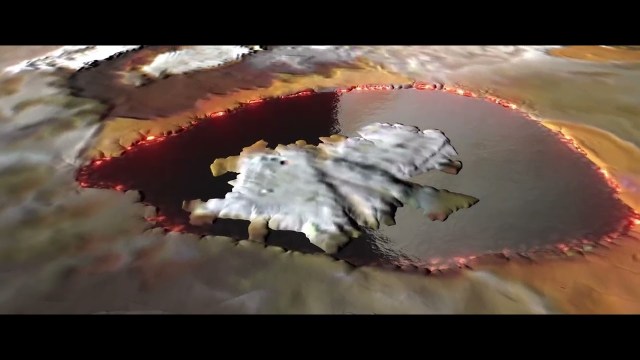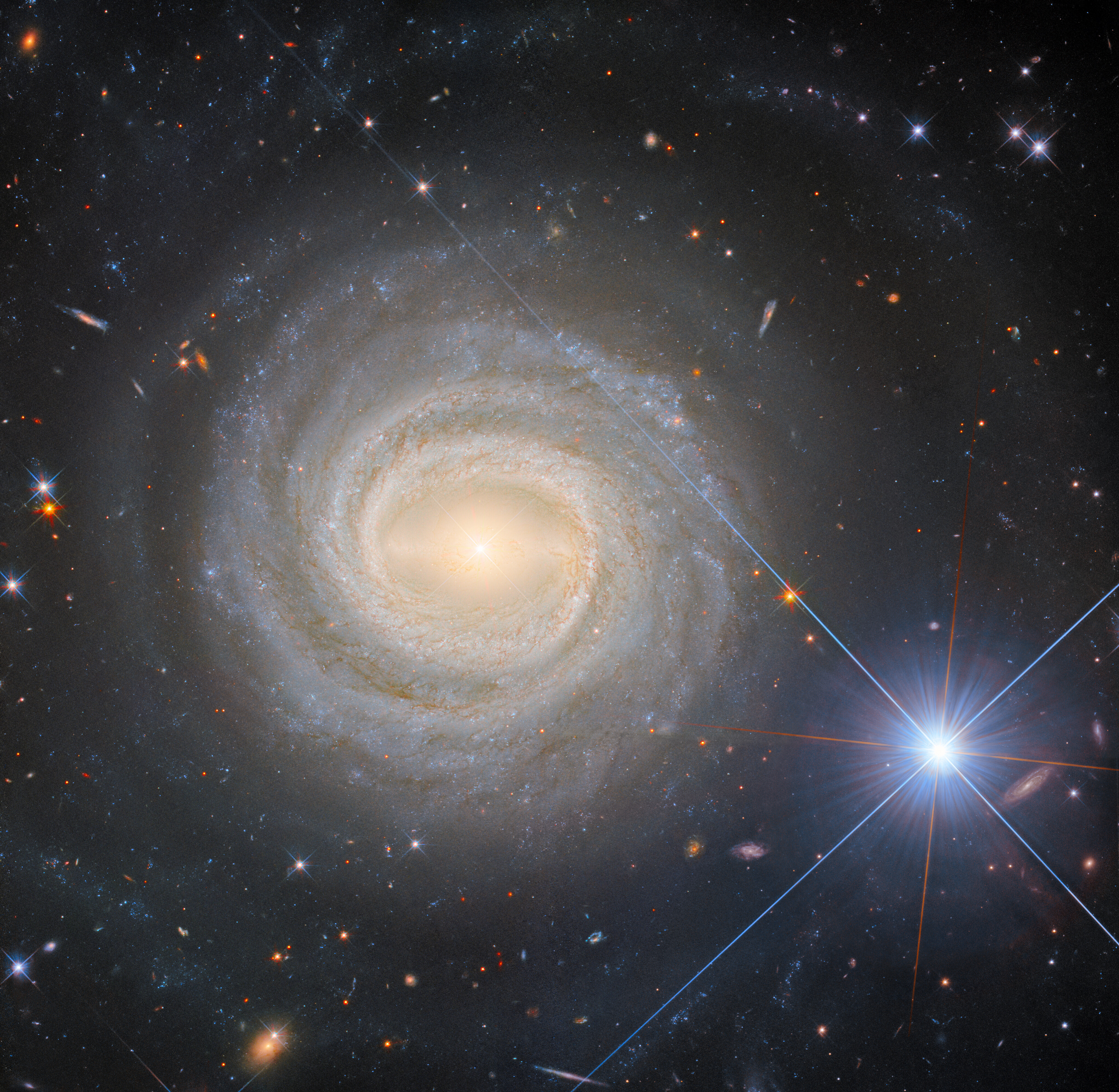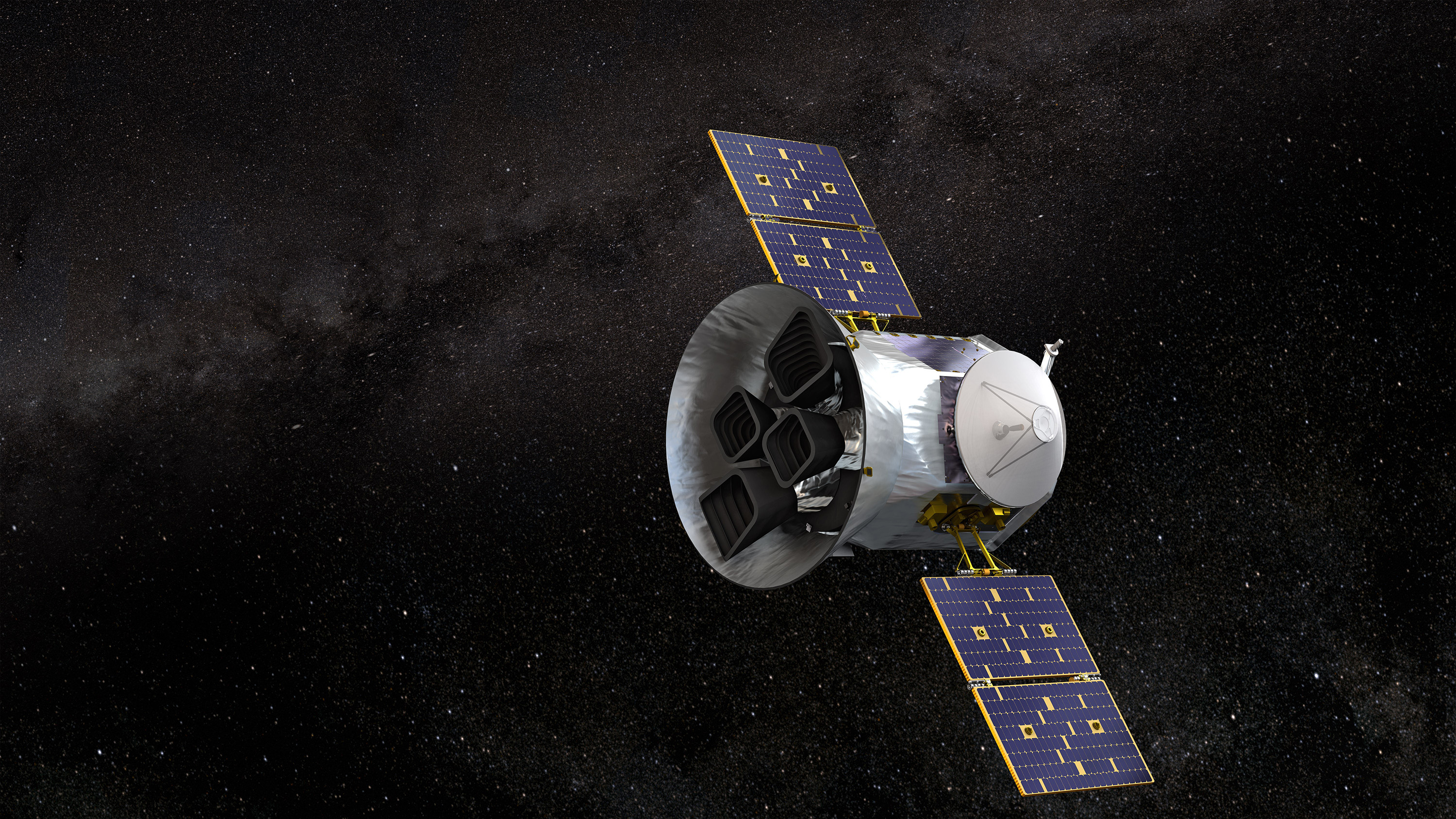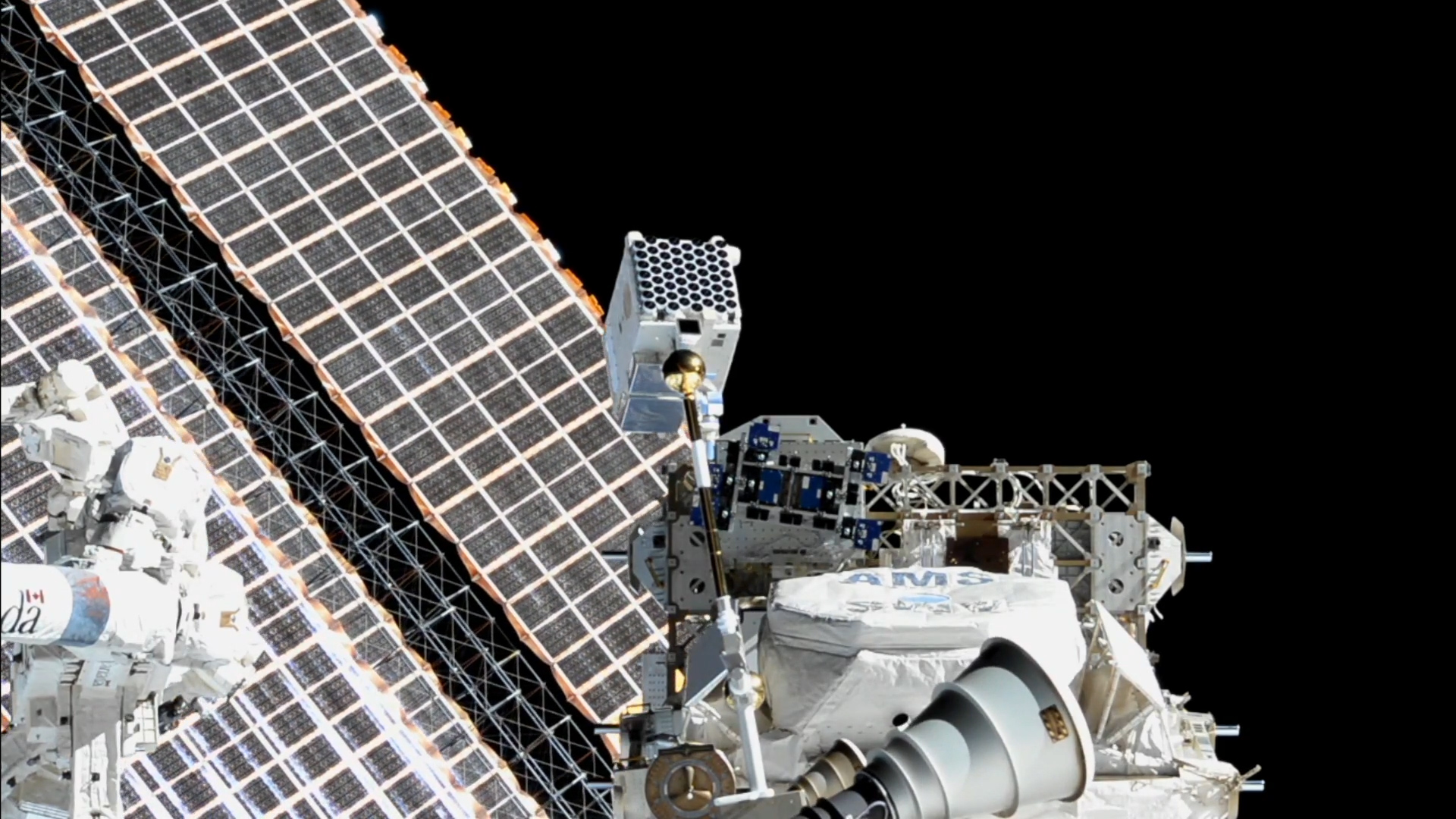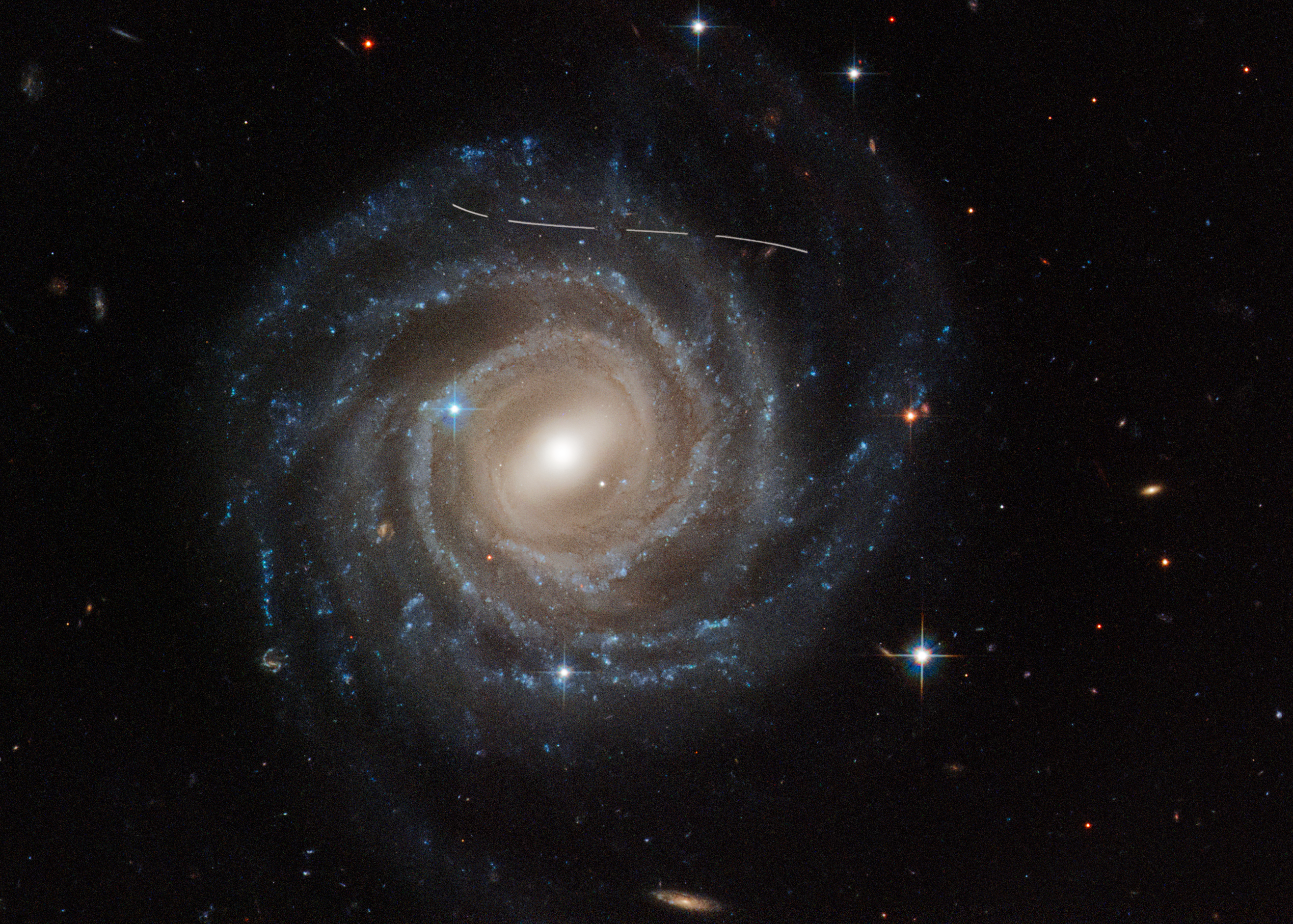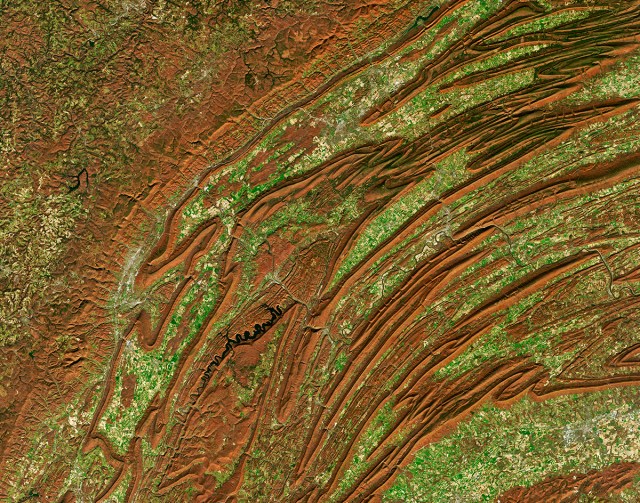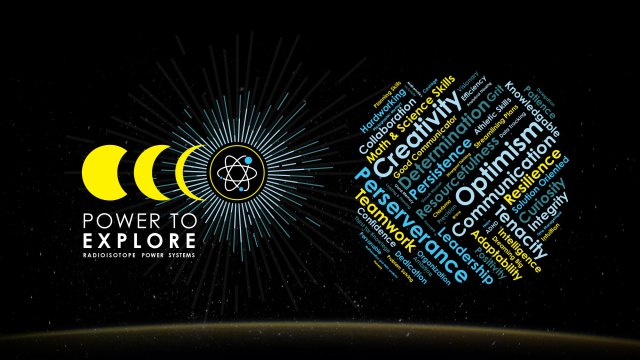Students from middle school to college soared to success during the 15th annual NASA Student Launch challenge and inaugural Mars Ascent Vehicle (MAV) Prize competition, held near NASA’s Marshall Space Flight Center in Huntsville, Alabama, on April 11.
Fifteen college and university teams competed in the MAV Prize, a NASA Centennial Challenges Program competition. North Carolina State University of Raleigh took home $25,000 for first place, and Tarleton State University of Stephenville, Texas, came in second, winning $15,000. In all, 35 teams demonstrated advanced aerospace skills, all while vying for prizes, awards and a lifetime of bragging rights.
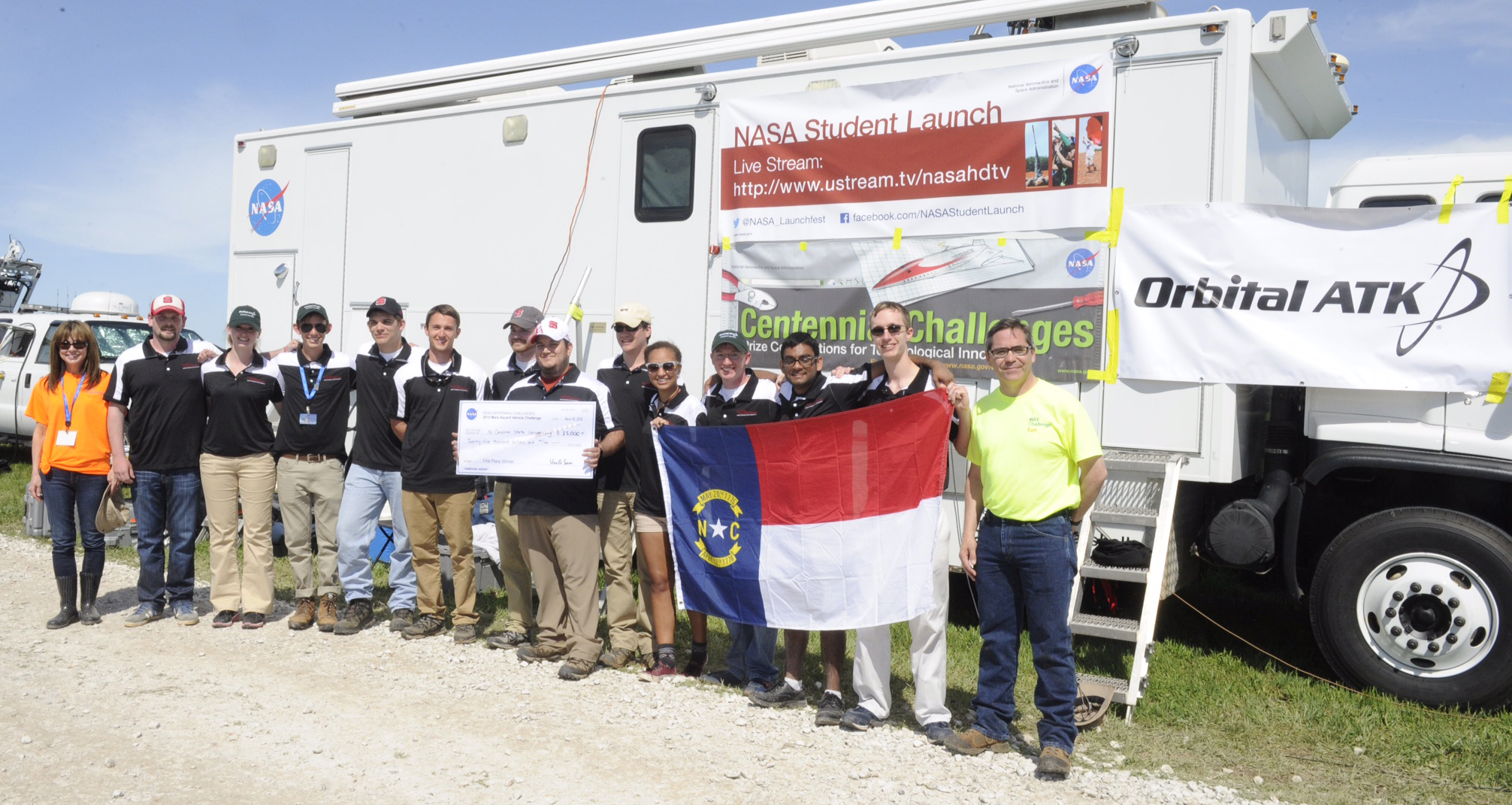
To capture MAV Prize dollars, the two successful teams developed and demonstrated an autonomous ground support equipment system that grasped and loaded a sample cache into their rocket, deployed the rocket to a vertical position, inserted the igniter and launched to an altitude of 3,000 feet before returning safely to Earth. Both winning teams met all requirements, with NC State outscoring Tarleton in creativity, innovation and execution.
“We are excited to have worked with Student Launch and Orbital ATK to not only improve access and use of advanced technologies but to also inspire the next generation of pioneers,” said Sam Ortega, program manager of NASA’s Centennial Challenges. “For 10 years, we have supported challenges that research the innovative solutions needed for NASA’s future exploration goals, and this event is one of many steps toward our journey to Mars and beyond.”
The MAV prize ran in parallel with NASA’s annual Student Launch competition. Long-time corporate sponsor Orbital ATK Aerospace Group of Promontory, Utah, presented 14 awards in categories including design, engagement and altitude, among others, during the April 10 banquet honoring the teams’ efforts. Orbital ATK will announce the winner for their top prize of $5,000, as well as the Rookie of the Year award once post-flight analysis and reviews are completed.
“Student Launch enables teams to research innovative solutions to technical problems, many which could potentially advance future NASA missions,” said Tammy Rowan, manager of Marshall’s Academic Affairs Office. “Student experiences in 3D printing, carbon-fiber engineering and autonomous systems may benefit NASA exploration or the development of new aerospace industry or products.”
Student Launch is managed by Marshall’s Academic Affairs Office and supported by the agency’s Office of Education, the Human Explorations Operations Mission Directorate, the NASA Centennial Challenges Program within the Space Technology Mission Directorate and Orbital ATK.
The Centennial Challenges Program is part of NASA’s Space Technology Mission Directorate and is managed at Marshall. Since 2005, the program has awarded more than $6 million for significant advances in technology.
For more information, visit:
https://www.nasa.gov/education/studentlaunch
Archived launch-day footage is available on the Marshall Center’s Ustream account:





